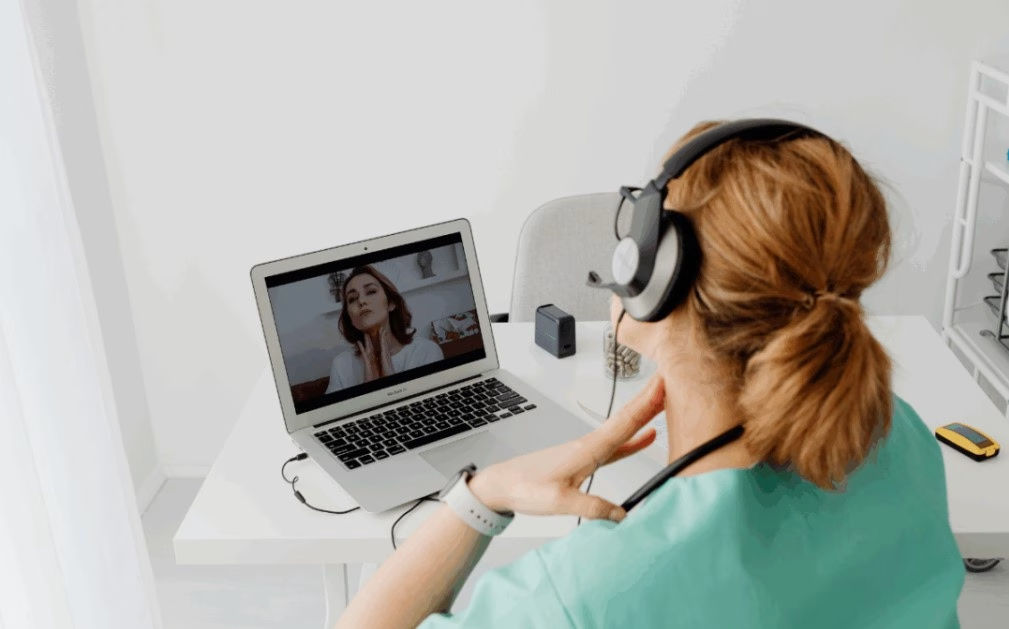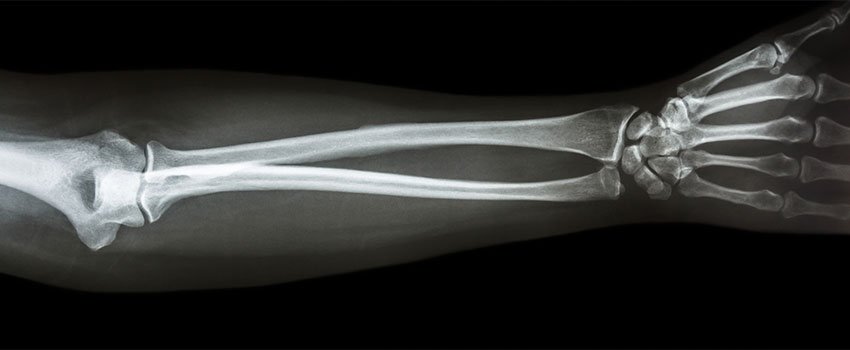
You might not have heard of mononucleosis before, but it’s highly likely that you’re well aware of its more common abbreviation, “mono.”
Mono is very common, and it’s especially common among teenagers and young adults. Children and older adults can get it, too, though.
Read on to learn more about this common virus from our AFC Urgent Care Ballantyne team!
What Is Mono?
Mononucleosis is a contagious illness that can be caused by a variety of viruses, but the most common cause is the Epstein-Barr virus (EBV). Mono is known as “the kissing disease” because it is easily transmitted by bodily fluids, such as saliva.
Mono isn’t a serious illness for most people, and it usually goes away without treatment. Even so, acute fatigue, body aches and other symptoms can make common aspects of daily life difficult for up to a month, which is how long mono usually sticks around. We’ve listed the most common symptoms of mono below.
Common Mono Symptoms
- Fatigue
- Sore throat, perhaps misdiagnosed as strep throat, that doesn’t get better after treatment with antibiotics
- Fever
- Swollen lymph nodes in the neck and armpits
- Swollen tonsils
- Headache
- Skin rash
Is It Possible to Get Mono More Than Once?
It is, but it’s fairly uncommon. Even after the symptoms of your first infection have subsided, the Epstein-Barr virus remains dormant in your body. If it reactivates, you can get mono again, but most people only get mono once.
In fact, EBV reactivation seldom results in symptoms. You might, however, unintentionally distribute the reactivated infection to others. Mono symptoms can occur more than once in patients with weaker immune systems. We’ve listed some ways you can prevent yourself and others from getting mono below.
Ways to Prevent Mono
- Avoid close contact with people who are sick.
- Maintain a healthy lifestyle, since a healthy individual is better prepared to ward off any virus when exposed.
- Eat a nutritional diet and get adequate sleep, which is between seven and nine hours each night.
- Exercise for at least 150 minutes each week, which keeps the body fit and less likely to catch any viral illnesses.
Want to learn more about mono? Our AFC team can provide the answers that you need! Don’t hesitate to call or visit us today.


